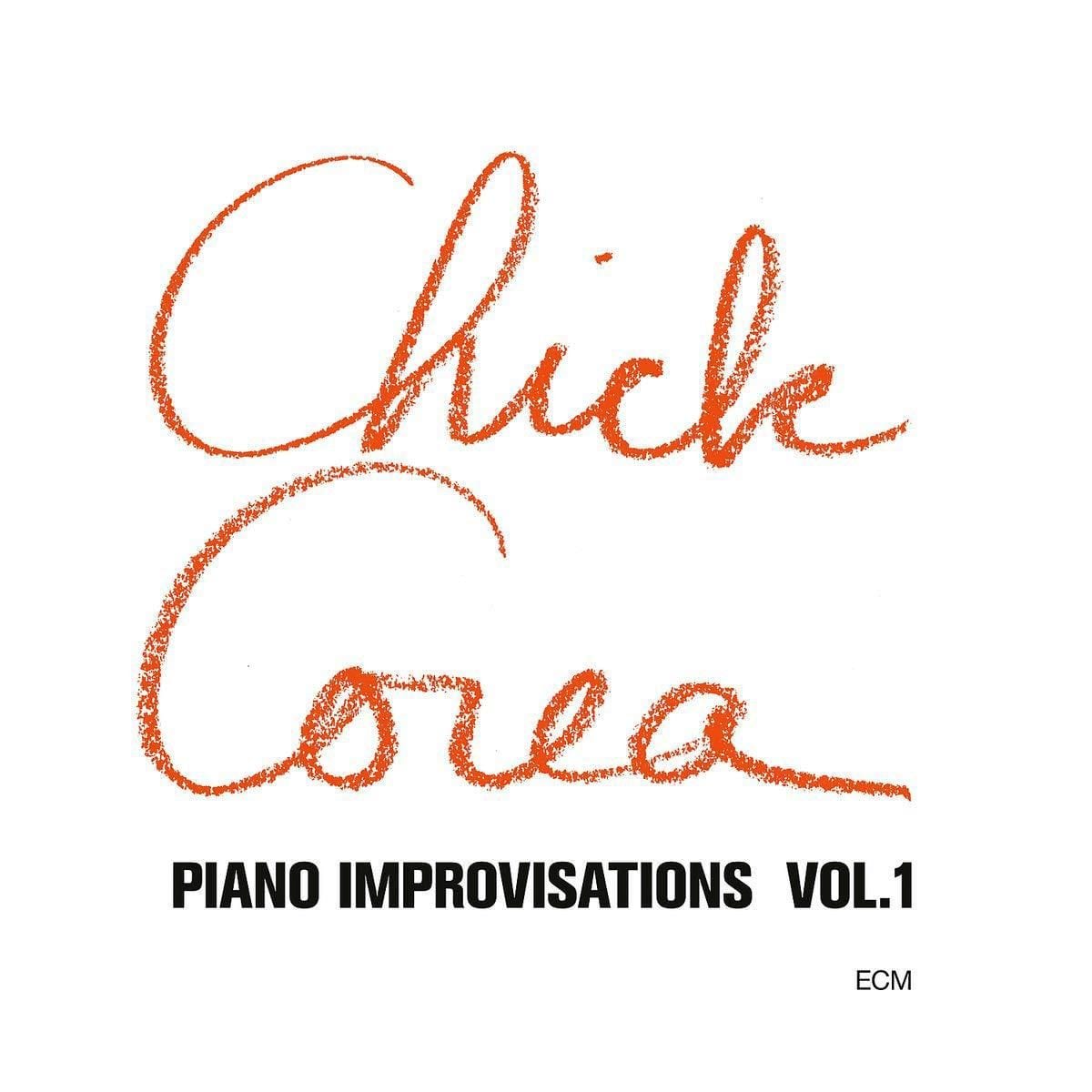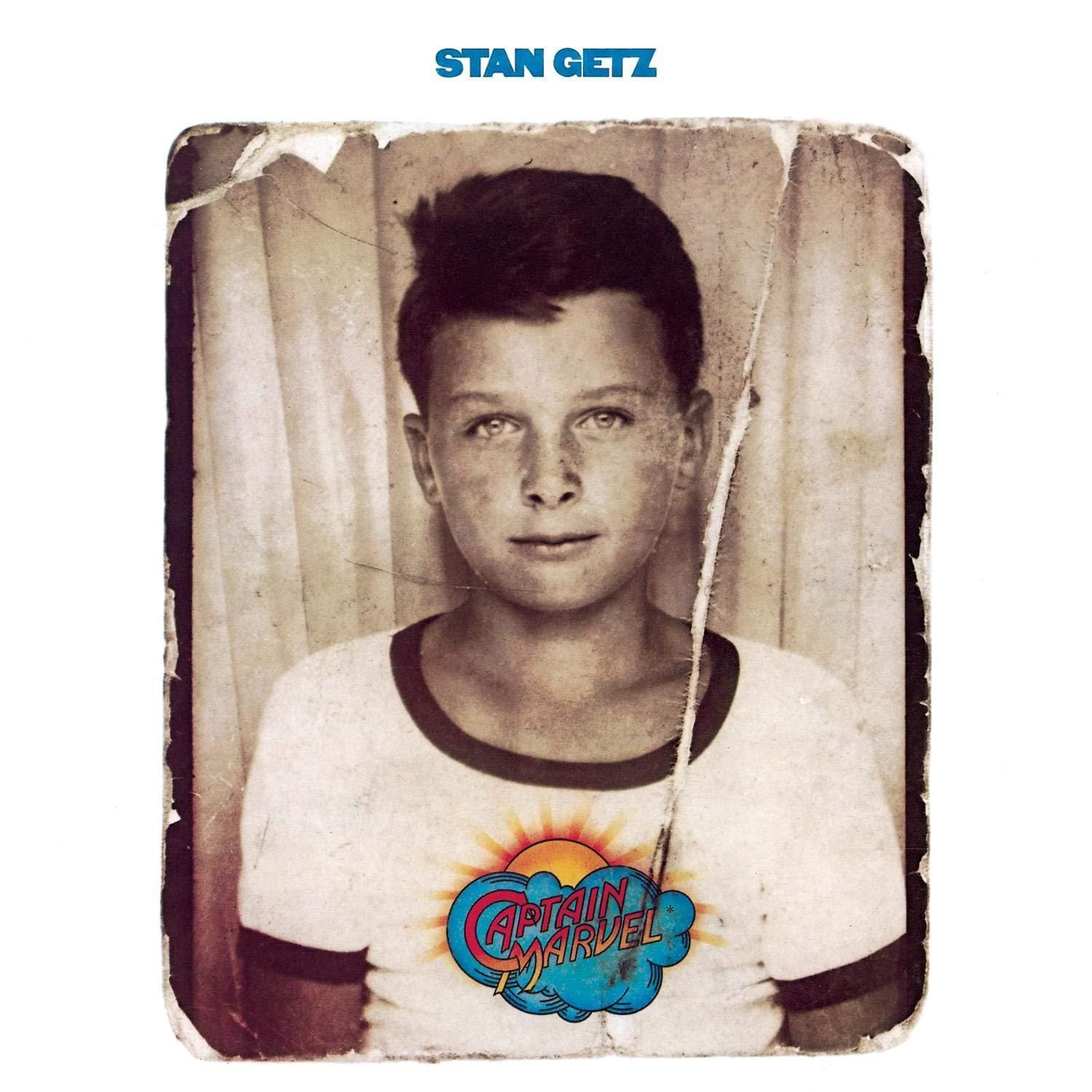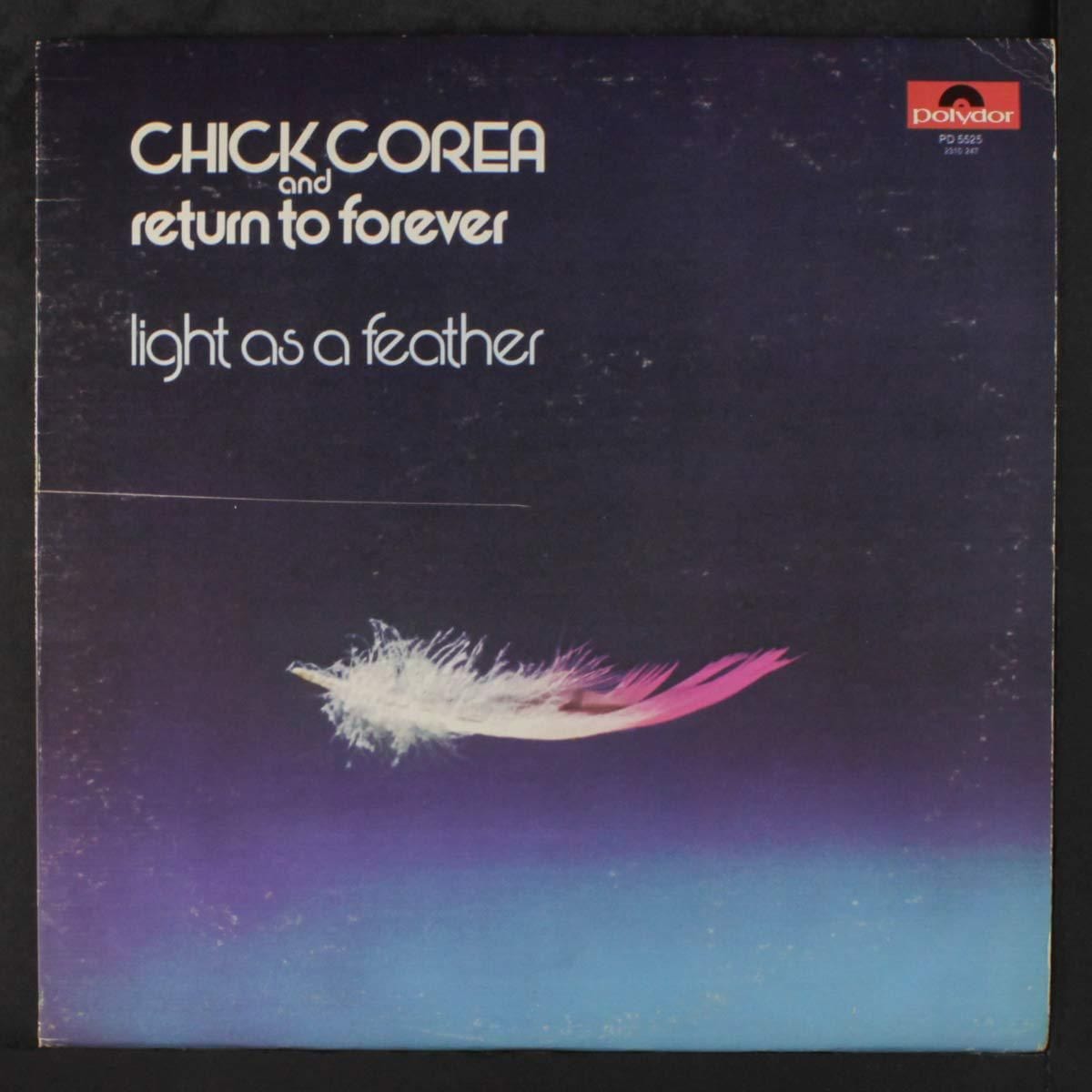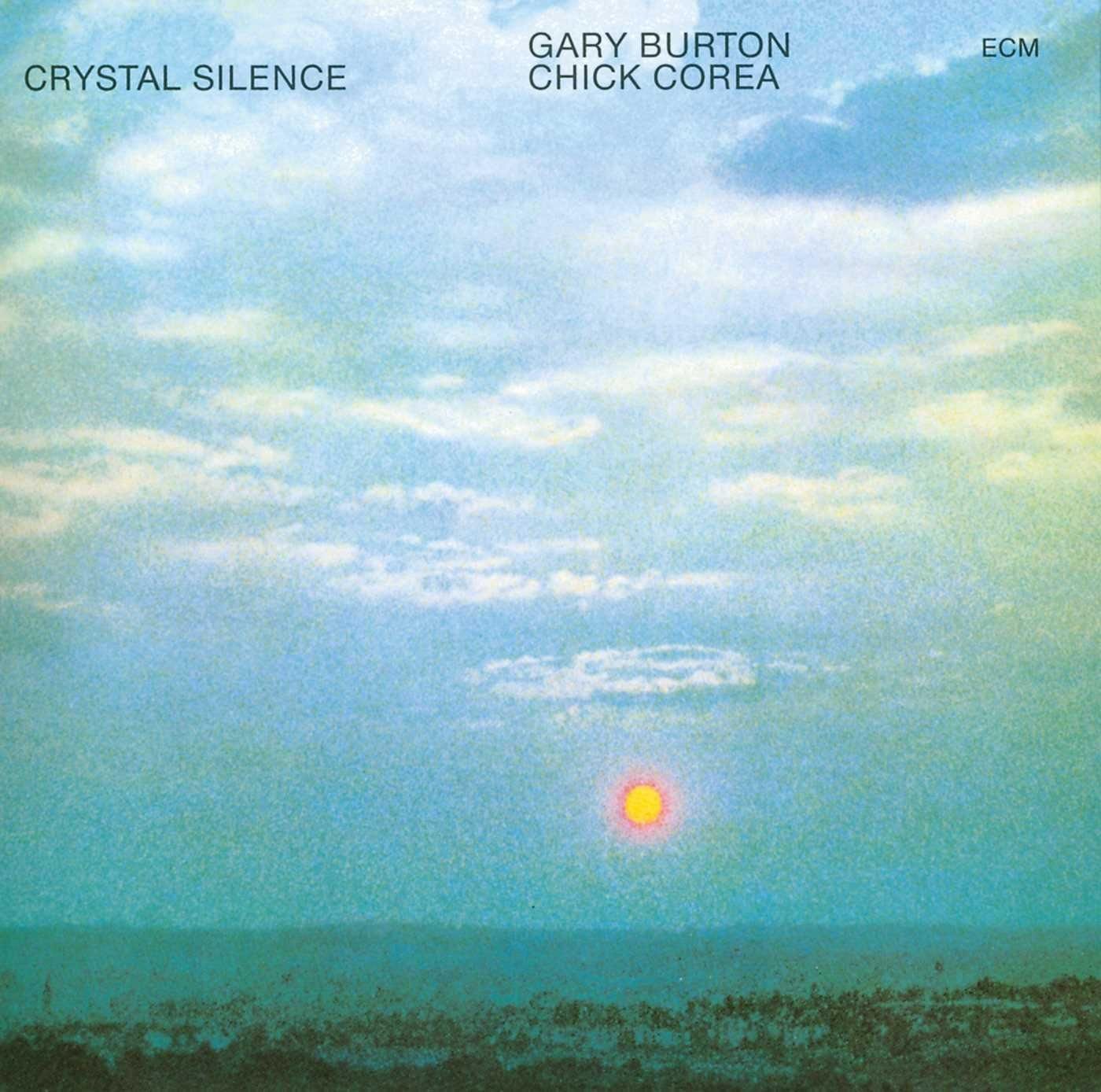4. Piano Improvisations, Vol. 1 (1971)

The Band: None—solo acoustic piano
Its Brilliance: The story is that ECM intended to record Corea and Jarrett in duet, but Jarrett demurred. The result was Jarrett’s Facing You and two volumes from Corea, each solo. All are wonderful. Corea’s ability to captivate an ear with lines that are both ornamented and extremely direct comes clear on the opening “Noon Song”. The music is light and often breathtaking in its transparence: holes of silence open up, and then melody rushes in to fill them. The songs themselves are wonderful, and we hear for the first time a Corea classic, “Sometime Ago”, soon to be recorded by the first incarnation of Return to Forever. In this solo performance, all the elements are present, with Corea using the piano like the orchestra it can be.
Killer Tracks: “Sometime Ago” and a cycle of “Where Are You Now” tunes that sound freely improvised yet lyrically appealing
Listen: Spotify
5. Stan Getz – Captain Marvel (Verve, 1972)

The Band: Stan Getz, tenor sax; Corea; Stanley Clarke, acoustic bass; Tony Williams, drums; Airto Moreira, percussion
Its Brilliance: Stan Getz knew his way around bossa nova and Latin jazz styles, of course, and was looking for a rhythm section for a tour that would get him back in the public eye. Corea had already assembled his first version of Return to Forever, built around the limber young bassist Stanley Clarke, saxophonist Joe Farrell, and two Brazilian musicians, the vocalist Flora Purim and percussionist Airto Moreira. Getz brought in the rhythm section, but he wanted a jazz drummer after some takes didn’t go well.
Corea added the Fender Rhodes electric piano to the band’s arsenal on the road, modernizing Getz’s sound as well as his book and his willingness to really bite at the music. The recital they recorded includes five of Corea’s most winning tunes, plus Strayhorn’s “Lush Life”—and it is the pull and tug between Getz’s traditionalism and the future-leaning of the band that makes every second of this date electric. Corea’s astonishing comping pushes Getz to feverish playing whenever possible, even though the leader’s tone remained lush.
Killer Tracks: “La Fiesta”, one of Corea’s most popular tunes, debuts here with galloping percussion and the too-rarely-covered waltz “Times Lie”.
Listen: Spotify
5. Light As a Feather (Polydor, 1973)

The Band: Return to Forever Volume One—Joe Farrell, saxophones and flute; Flora Purim, vocals; Corea; Stanley Clarke, acoustic bass; Airto Moreira, drums and percussion
Its Brilliance: Corea decided in the early ’70s that performing gnarly modern jazz was not for him—he wanted to reach an audience through music with more beauty and joy. And adding a more Brazilian dancing quality to his music made sense. Feather was the follow-up to the debut of this new concept Return to Forever. That gave a different gleam to “Captain Marvel” and “500 Miles High” from the Getz date, and added a version of Corea’s most often-requested song, “Spain”, which begins with a gloss on Rodrigo’s “Concierto de Aranjuez”. Purim’s vocal is a gauzy touch of genius, particularly paired with Farrell’s flute, and songs like “You’re My Everything” manage to come off as sultry, sophisticated, carefree, and joyful all at once. It sounds simple, but in fact, this material is almost impossible to do with such style and percolating lightness.
Killer Track: “500 Miles High” begins atempo, Purim floating delicately, and then it pops into a funky sway and gives Farrell space for a tenor solo that is his best moment. Corea’s comping beneath him, though, is worth the cost of the album (back when albums were purchasable things).
Listen: Spotify
6. Crystal Silence (ECM, 1973)

The Band: A duo with vibraharpist Gary Burton
Its Brilliance: Corea is one of the great duet partners in jazz history, but none of the duos is as compelling as his communion with Burton. Like Corea, Burton is a lyrical player of the highest order and has a knack for rippling phrasings that dance in a percussive manner. On ballads such as the title track, they leave open spaces that serve them well, and their busy and bouncy tracks (“Senor Mouse”, “What Game Shall We Play Today?”) generate the excitement of truly percussive music.
Hip rock fans (say, Frank Zappa partisans) heard rhythmic urgency but a level of harmonic sophistication that was rare in this kind of soulful jazz. It’s worth noting that the kind of super-precise playing we hear on “Senor Mouse” is delightful here and merely more bombastic and silly when such a tune was handed over to the second incarnation of Return to Forever, with Lenny White’s drums, Clarke’s electric bass, and Al Di Meola’s electric guitar playing the same stuff. It’s a useful reminder of how Corea could shift from one sound to another.
Killer Tracks: Steve Swallow’s “Falling Grace” always sounds good, but not always this good, and the title track, recorded often, is given its definitive reading—maybe there is nothing more mournful and beautiful in all of jazz.
Listen: Spotify
- Chick Corea: The Spanish Heart Band-Antidote
- Chick Corea / Eddie Gomez / Paul Motian: Further Explorations
- Chick Corea and Bèla Fleck: The Enchantment
- Chick Corea and Jazz at Lincoln Center Orchestra: 16 May 2013
- Chick Corea & Gary Burton: Hot House
- Chick Corea: Selected Recordings: Rarum III
- The Definitive Chick Corea on Stretch and Concord
- Chick Corea / Stanley Clarke / Lenny White: Forever
- Chick Corea Trio: Trilogy
- Chick Corea Elektric Band: To the Stars


![Call for Papers: All Things Reconsidered [MUSIC] May-August 2024](https://www.popmatters.com/wp-content/uploads/2024/04/all-things-reconsidered-call-music-may-2024-720x380.jpg)



